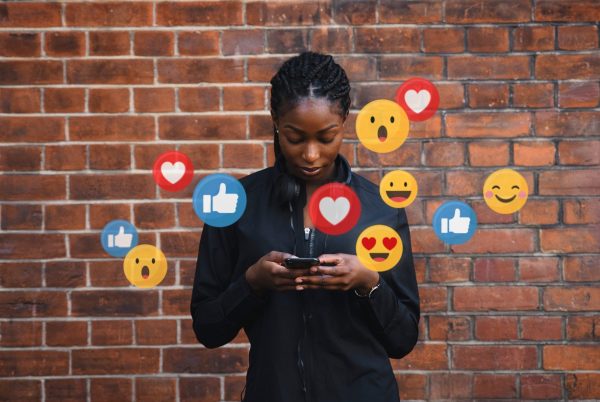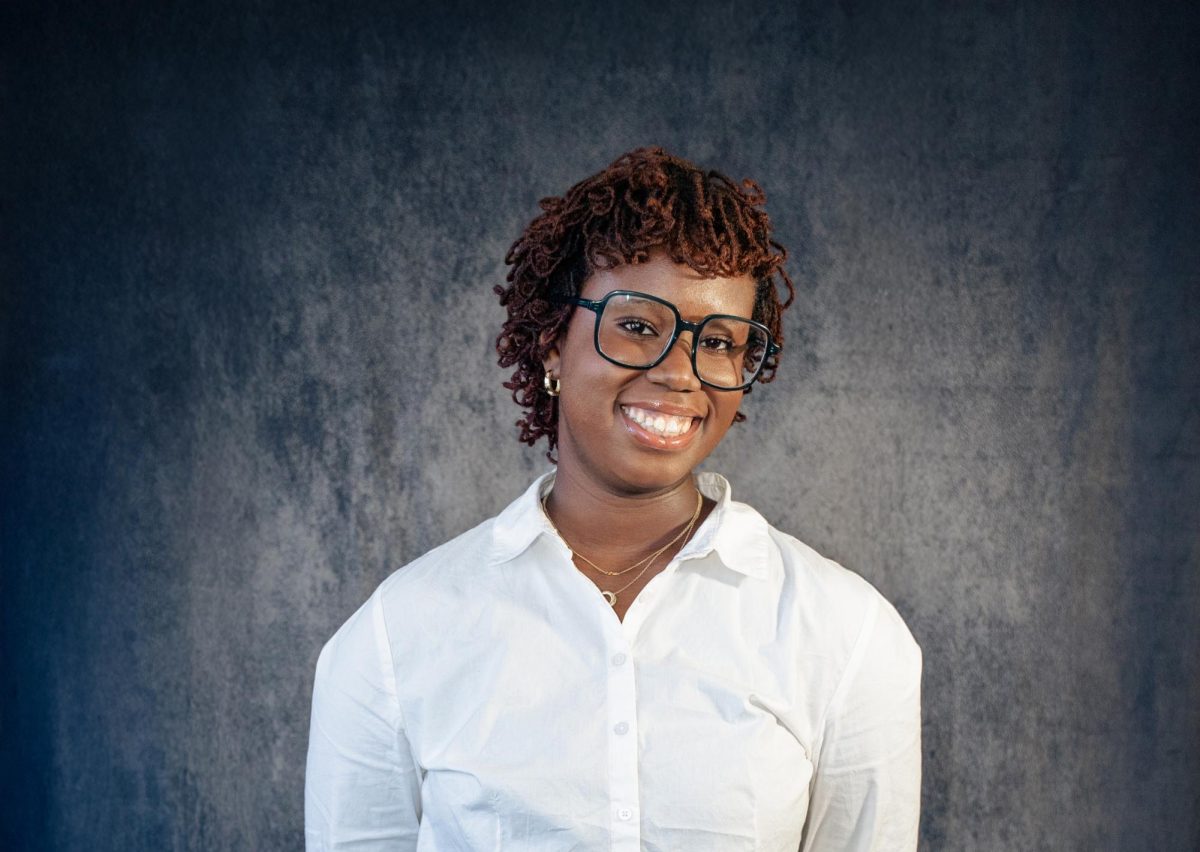Social media is a great source of information and it has become a powerful force in shaping relationships in modern times, offering both opportunities and challenges. On one hand, it allows people to stay connected across distances and share experiences with their friends even if they aren’t there. On the other hand, it can create misunderstandings, increase comparison, and blur boundaries between personal and public life. Recognizing this balance is the key to keeping a healthier and more meaningful relationship.
An example is romantic relationships. Everyone has stuff to do in their lives: jobs, classes, work, etc., and because it’s stressful and draining they go to the internet to mentally escape and recharge. A lot of times social media posts can manifest jealousy, insecurity and constant comparison in a person. The type of content that is most likely to be fed to the cyber space algorithm and go viral are the ones that are emotionally charging and engaging; that’s why the negative posts are far more viral and get more attention than positive posts.
Social media also has a tendency to stir up drama in any form of relationship, be it jealousy, anger or insecurity. Every day, Instagram, TikTok, Snapchat, etc., posts thrive on problems. Many see a bunch of anonymous people degrading the second gender for “not doing enough” and “being too much.” People try to push their own narrative and if one of the parties doesn’t do a certain thing then they’re immediately labeled not trustworthy. There are a lot of instances where a post on social media stirs up drama for romantic relationships just for the sake of it. One student commented on a post on Instagram about how it’s important to communicate with a partner if something is wanted from their end. A week later, that same student saw the post again and found out their post had been deleted. This is yet another example on how social media can skew romantic relationships.
Social media can affect relationships not only at Eastfield but in people’s own lives because, as one student said, “social media isn’t real, it’s just a narrative.”
Social media use can permanently affect a person’s self esteem and their inner worth, because it sets almost impossible standards to meet. Most photos online are photoshopped or they present a “perfect lifestyle.”
There are different opinions about this topic. According to some friends who are in long distance relationships, one of them says he has enough trust in the other to not be checking social media that often. He doesn’t feel it’s necessary for him to check her online profile and see who started following her or not. This is different in each situation. They both agree they would rather focus on their stuff, instead of checking each other’s profiles because they have enough trust in each other.
The best way to solve these social media small problems is by trusting your partner and, if you don’t feel comfortable with something, share it and express your discomfort.
Study shows that having time outside of social media can help improve a person’s mentality and self esteem. Being outside is less stressful than being online and it helps people get comfortable with being alone by themselves. Some people have quit social media altogether, while others recommend users limit themselves to 2-3 hours of screen time on social media per day. Don’t let social media affect who you are and what you think. Everyone has a different mentality. Embrace it.








